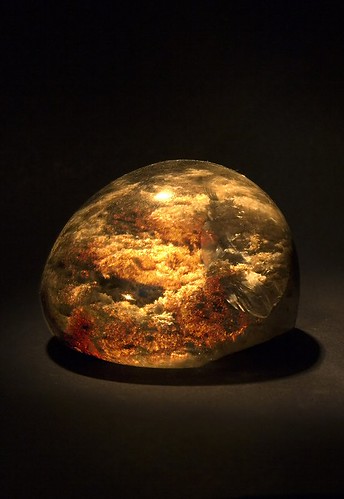The philosopher's stone (Latin: lapis philosophorum; Greek: chrysopoeia) is a legendary substance, supposedly capable of turning inexpensive metals into gold; it was also sometimes believed to be an elixir of life, useful for rejuvenation and possibly for achieving immortality. For a long time it was the most sought after goal in Western alchemy.
The Latin American spiritual teacher Samael Aun Weor stated that the philosopher's stone is synonymous with the symbol of the stone found in many other spiritual and religious traditions, such as the stone Jacob rests his head upon, the cubic stone of Freemasonry, and the rock upon which Christ lays the foundation of the temple.
| “ | For in Scripture it says: "See, I lay a stone in Zion, a chosen and precious cornerstone, and the one who trusts in him will never be put to shame." Now to you who believe, this stone is precious. But to those who do not believe, "The stone the builders rejected has become the capstone," and, "A stone that causes men to stumble and a rock that makes them fall." They stumble because they disobey the message—which is also what they were destined for. - 1 Peter 2: 6-8 | ” |
He states that this "stone of stumbling" and "rock of offence" is the creative-sexual energy, which in Kabbalah is Yesod ("foundation") that must be transmuted through sexual alchemy. It is said to be rejected by the "builders," meaning those who seek spiritual edification, because they reject the transmutation of sexual energy, and instead use it to achieve sensual pleasure.
http://en.wikipedia.org/wiki/Philosopher%27s_stone














No hay comentarios:
Publicar un comentario